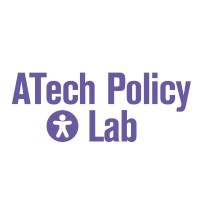
Ordem dos Nutricionistas
A Ordem dos Nutricionistas é uma Associação Pública Profissional que tem por missão regular o acesso à profissão de nutricionista e o exercício das profissões de nutricionista e dietista, elaborando as normas técnicas e deontológicas respectivas, velando pelo cumprimento das normas legais e regulamentares da profissão e exercendo o poder disciplinar sobre os seus membros, no quadro de um regime disciplinar autónomo. Lei n.º 126/2015, 03 de setembro de 2015, DR 1.ª série — N.º 172 — 03 de setembro de 2015






